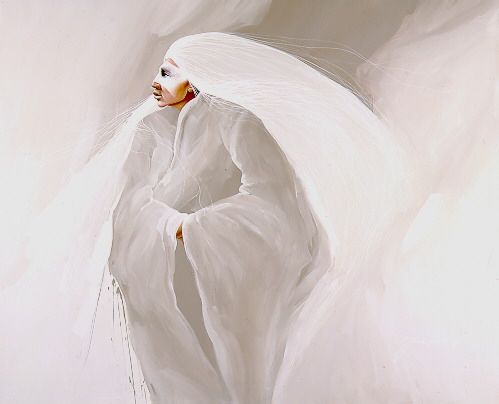by: Brian Daffron
OKLAHOMA CITY - Within the shadow of Oklahoma's state Capitol and Jim Thorpe Building, more than 300 people of different tribes and nationalities gathered Nov. 16 at State Capitol Park to honor those ancestors whose forced sacrifices of land and life helped create the state of Oklahoma 100 years ago.
''Oklahoma was the great experiment of hoping to absorb the Indian - to be totally acculturated,'' said Euchee participant Richard Ray Whitman. ''Our people knew that; culturally, our way of being who we are is just as valid. They resisted this makeup of us, and it's an experiment that's gone bad. In some cases, it shows up in our lack of cohesiveness with tribal families and tribal organizations. We know we come from a culture of strong cohesive truth telling. Dialogue is not a new idea or a new concept. We have a long history of that, to listen to eacha other. We should say that after this centennial year, perhaps we should enter into a dialogue of reconciliation to set the record straight.''
The three-hour program consisted of prayer, traditional and contemporary Native music and testimonials on Native issues, including the high frequency of domestic violence and sexual assault of Native women to fight for the rights of Native prisoners within the Oklahoma correctional system.
One of the featured events was a mock wedding between ''Mr. Indian Territory'' and ''Miss Oklahoma,'' a satirical re-enactment of the so-called marriage ceremony that united Oklahoma Territory and Indian Territory. Whitman, playing the role of ''Mr. Indian Territory,'' said that it symbolized a ''shotgun wedding'' to which Native people were forced to submit.
People traveled large distances to attend the event, including representatives from the Mississippi Choctaw Tribe and the Seminole Tribe of Florida. One person in attendance, Comanche tribal member Martina Minthorn, flew in from a meeting with the National Congress of American Indians to attend the event. Minthorn, the interim director of the Comanche National Museum and Cultural Center in Lawton, said Oklahoma legislators and educators needed to be more inclusive to the role of Oklahoma's tribes in regard to the state's history.
''It's a sad thing to see - 100 years without our history being in a textbook,'' said Minthorn. ''From the 77 counties, that's all you learn in Oklahoma history. Whenever you actually put the real truth of the tribes that were relocated here from the indigenous lands that they were originally from, it's sad to see that only a certain amount of tribes are in our textbooks.''
For Whitman, the events of the day were to not only send a message about the Oklahoma centennial, but it was also a way be an example for younger generations.
''They're a part of history,'' he said. ''We're speaking to the generations. Our elders who have passed on stood up and acted for us. ... What can we suggest positive to this generation? It's good to be who we are, whoever they are. Each generation comes forth to its time. I think it's very important to gather like this outside of another kind of agenda that's already put in place for you. We want to have access and participate on a grass-roots level to testify, share and vent. It's all part of the dialogue.''
Subscribe to:
Post Comments (Atom)





No comments:
Post a Comment